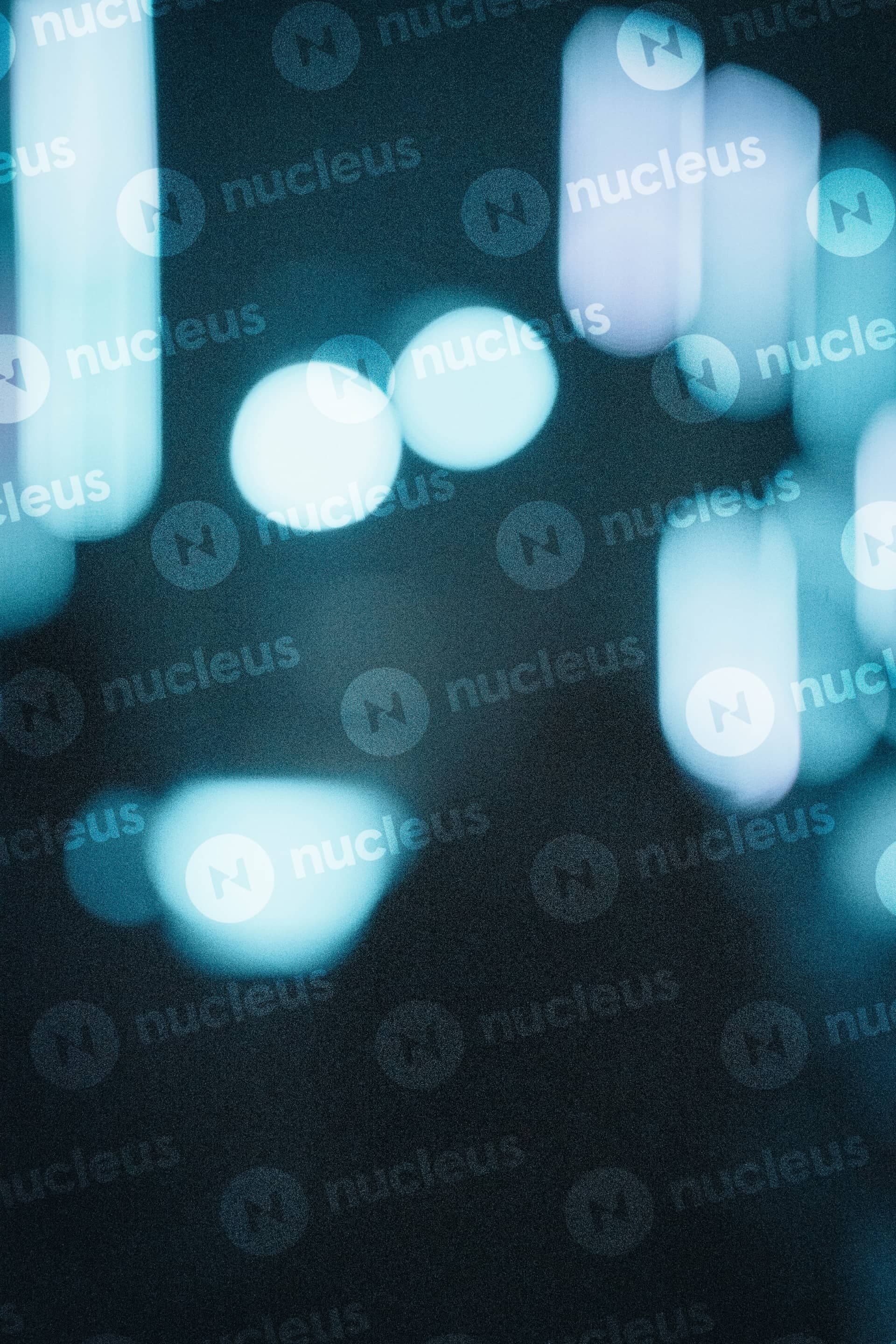About St. Paul's United Methodist Church
St. Paul's UMC is a United Methodist congregation located in Boulder, Colorado. Our church was established in 1964 and has served the Table Mesa neighborhood for over 60 years.
We are a faith community that gathers for worship, fellowship, and service. Our congregation includes members from various backgrounds who participate in Sunday worship services, church programs, and community outreach activities.
We welcome visitors to learn more about our church and attend worship services.

What Guides Our Community
St. Paul's UMC is a United Methodist congregation guided by our denominational values and local mission. Our commitments inform how we worship, serve, and engage with our community.
Welcome
We welcome visitors and members.
St. Paul's UMC welcomes people to participate in our worship services and church community. We are part of the United Methodist Church and invite individuals to explore faith and fellowship with us.
Faith Exploration
We encourage spiritual growth.
St. Paul's UMC provides opportunities for members and visitors to explore faith through worship, study groups, and programs. We support individuals on their spiritual journeys through various educational offerings.
Service and Outreach
We serve our community.
St. Paul's UMC participates in community service and outreach activities. Our congregation seeks to live out our faith through acts of service and support for those in need.
Faithful Practice
We seek to live out our faith.
St. Paul's UMC encourages members to integrate their faith into daily life. We gather for worship and fellowship as we seek to grow in our relationship with God and one another.
Lay Leadership
Our congregation includes volunteer leaders.
St. Paul's UMC is served by clergy and lay members who contribute to worship, programs, and church operations. Various leadership roles are available for those interested in serving the congregation.
Worship
We gather for weekly worship.
St. Paul's UMC holds worship services on Sunday mornings. Our services include traditional elements such as prayer, scripture readings, hymns, and a message.
What We Believe
As a United Methodist congregation, St. Paul's UMC is guided by the historic Christian faith and the teachings of the United Methodist Church.
Our theological foundation is rooted in scripture, tradition, reason, and experience.
God's Nature
God is revealed through love, grace, and mercy.
We believe God is present in the world and active in human life. The nature of God is made known through scripture, tradition, and experience.
Jesus Christ
We follow the teachings and example of Jesus.
Jesus Christ demonstrates God's love through his life, ministry, death, and resurrection. His teachings guide our understanding of faith and discipleship.
The Holy Spirit
The Spirit continues to work in the world and in the church.
We believe the Holy Spirit is active in guiding believers, sustaining communities of faith, and inspiring growth in understanding.
Scripture
The Bible informs our faith and practice.
We engage scripture through study and reflection. The Bible contains diverse writings that point toward God's relationship with humanity across time and culture.
Grace
God's grace is freely offered to all.
We believe grace precedes, accompanies, and follows our response to God. Salvation is available through God's grace rather than human achievement.
Community and Church
We are strengthened through gathering together.
The church exists as a community of faith where people worship, learn, and serve. Faith is lived out both individually and in community.
Service and Witness
Our faith calls us to serve others.
Discipleship involves acts of compassion, mercy, and justice. We seek to serve our neighbors and participate in God's work in the world.
Ongoing Formation
Faith is a journey that continues throughout life.
We grow in understanding and practice over time. Spiritual formation involves worship, study, service, and relationship with God and others.

St. Paul's United Methodist Church in Boulder
St. Paul's United Methodist Church was established in 1964 when our first worship service was held at Southern Hills Junior High School. Rev. William O. Byrd, an associate pastor from First Methodist Church of Boulder, led the founding congregation.
In 1964, we broke ground at the corner of Gillaspie Drive and Grinnell Avenue. Our sanctuary was consecrated in 1966, providing a permanent home for worship and fellowship in the Table Mesa neighborhood.
Over the decades, St. Paul's has been served by various pastors including Rev. Ed Paup, Rev. Ken Kendrick, Rev. Patricia Westlake, and Rev. Dr. Scott Schiesswohl. Each pastor contributed to the spiritual life and growth of our congregation.
Today, St. Paul's continues as a United Methodist congregation in South Boulder. We gather for worship, support one another in faith, and participate in service to our community.

